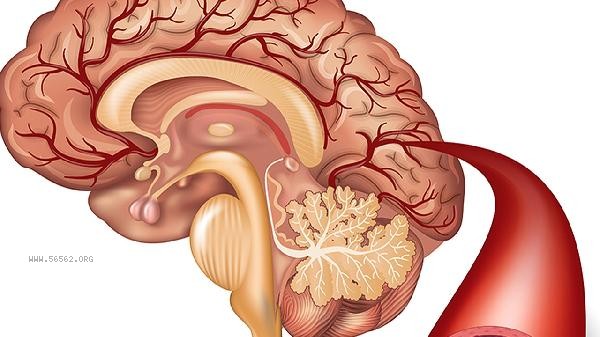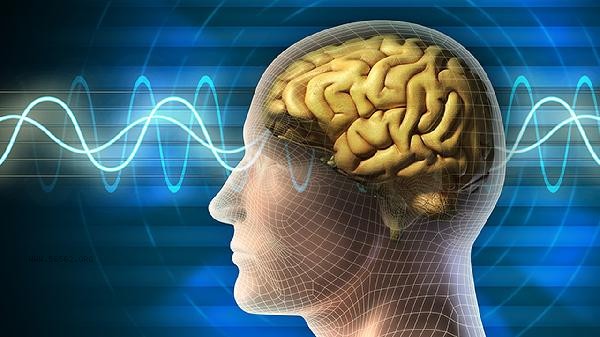Brain retardation can usually be restored through targeted interventions, with improvement methods mainly including adjusting daily routines, supplementing nutrition, cognitive training, emotional management, and moderate exercise. Brain dullness may be related to factors such as insufficient sleep, malnutrition, overuse of the brain, emotional stress, or lack of exercise.

1. Adjusting daily routine
Maintaining regular sleep can help restore brain function. Long term staying up late can lead to the accumulation of metabolic waste in brain cells, affecting cognitive flexibility. It is recommended to set a fixed bedtime and wake-up time, and take a short break during lunchtime. Avoid using electronic devices before bedtime and create a dark and quiet sleeping environment. After improving sleep quality, the problems of lack of concentration and delayed response will be significantly alleviated.
2. Supplementing nutrition
Increasing foods such as deep-sea fish rich in omega-3 fatty acids and egg yolks containing phospholipids can promote nerve cell membrane repair. The B vitamins can assist in energy metabolism, and whole grains and green leafy vegetables are good sources. The antioxidant components in moderate amounts of nut foods can help delay cognitive decline. Avoid the impact of blood sugar fluctuations caused by high sugar diets on brain energy supply.
3. Cognitive training
stimulates brain neural plasticity through memory card games, speed reading exercises, or learning new skills. Daily simple calculations or word games can activate the prefrontal cortex. Consciously engaging in cross training such as alternating left and right hands can enhance the connectivity between hemispheres of the brain. Continuous cognitive training for more than three months can significantly improve information processing speed.

4. Emotional Management
Chronic stress can continuously secrete cortisol and damage the hippocampus. Mindfulness meditation or deep breathing exercises can reduce anxiety levels. Establishing a social support system can reduce the negative impact of loneliness on cognition. When experiencing sustained low mood, professional psychological counseling can be used to relieve it. After the emotions stabilize, the decision-making ability and clarity of thinking of the brain will gradually improve.
5. Moderate exercise
Engaging in aerobic activities such as brisk walking and swimming every week can promote the secretion of brain-derived neurotrophic factors. Yoga and other coordinated exercises can enhance the linkage between the cerebellum and cerebral cortex. The endorphins produced during exercise help improve blood oxygen supply to the brain. It is recommended to limit the exercise time to about half an hour each time, as excessive fatigue can actually increase mental exhaustion. Improving brain retardation requires multidimensional and continuous intervention. In addition to the above methods, natural therapies such as forest baths can be regularly performed, and exposure to the phytotoxins released by green plants can soothe the nerves. Control screen usage time and engage in physical activity every hour. If accompanied by severe memory loss or orientation disorders, potential diseases such as hypothyroidism and cerebrovascular disease should be investigated. Establishing a daily plan that includes mental activities and physical exercise can significantly improve cognitive function for most people within three to six months.









Comments (0)
Leave a Comment
No comments yet
Be the first to share your thoughts!